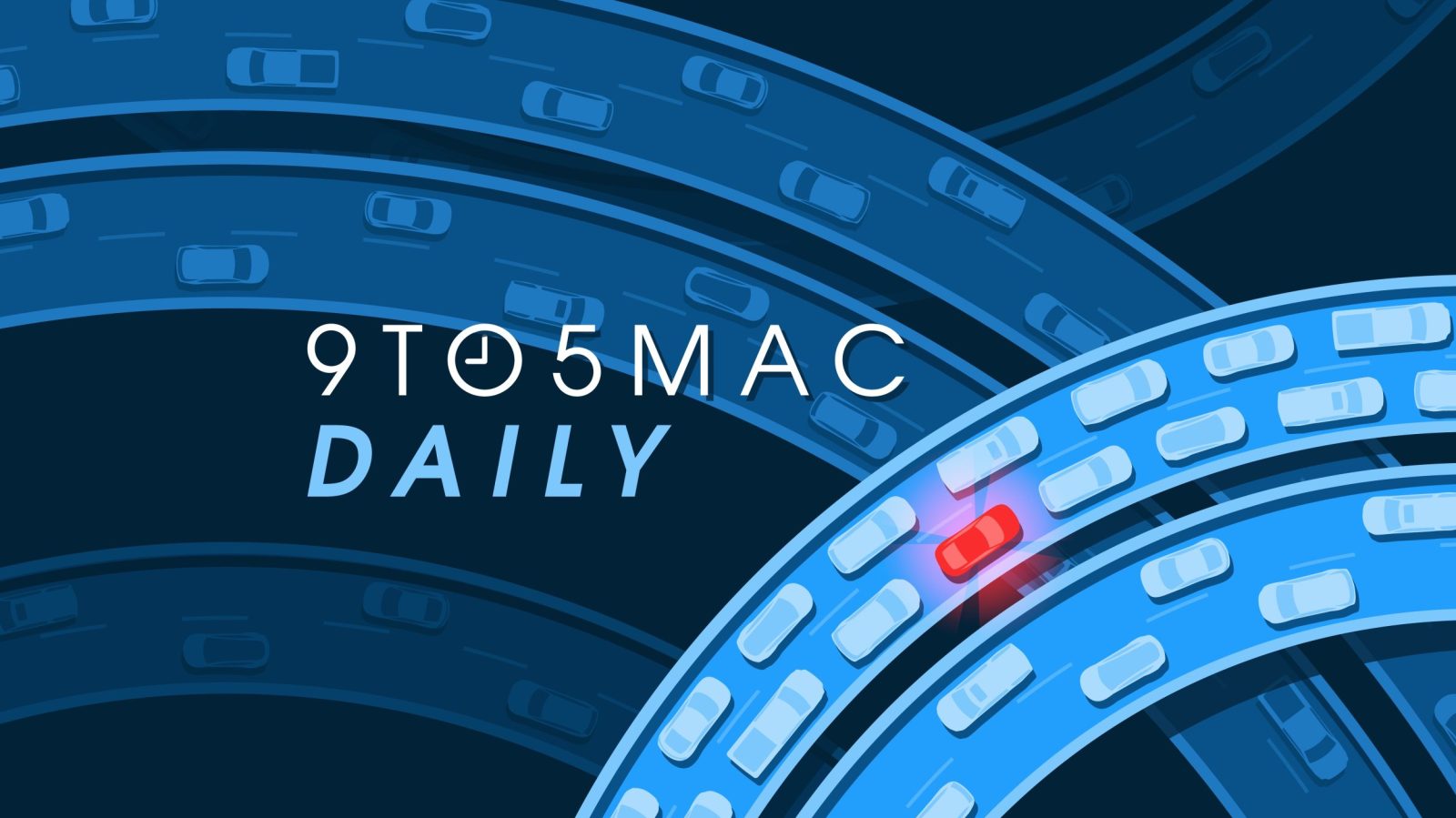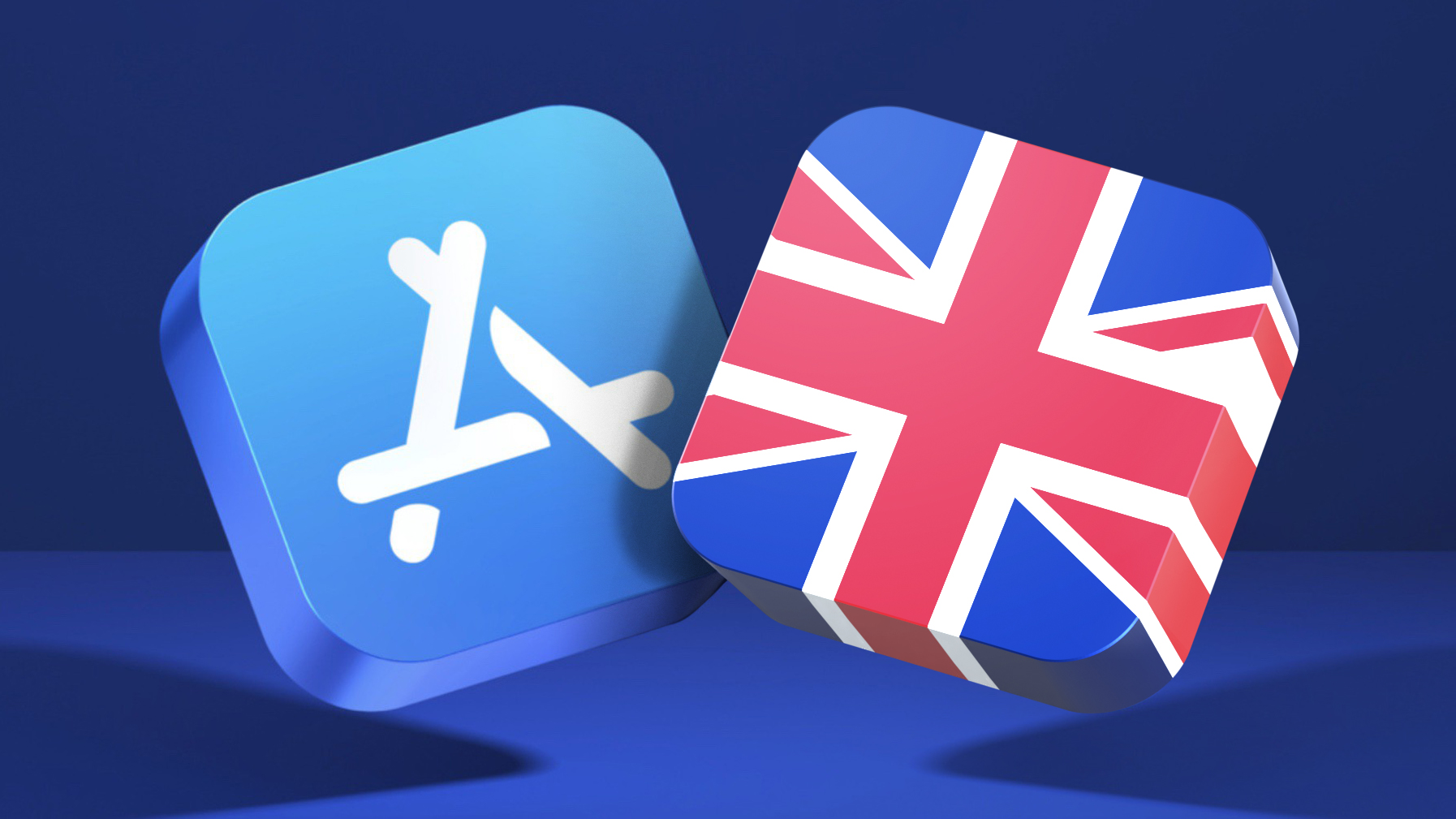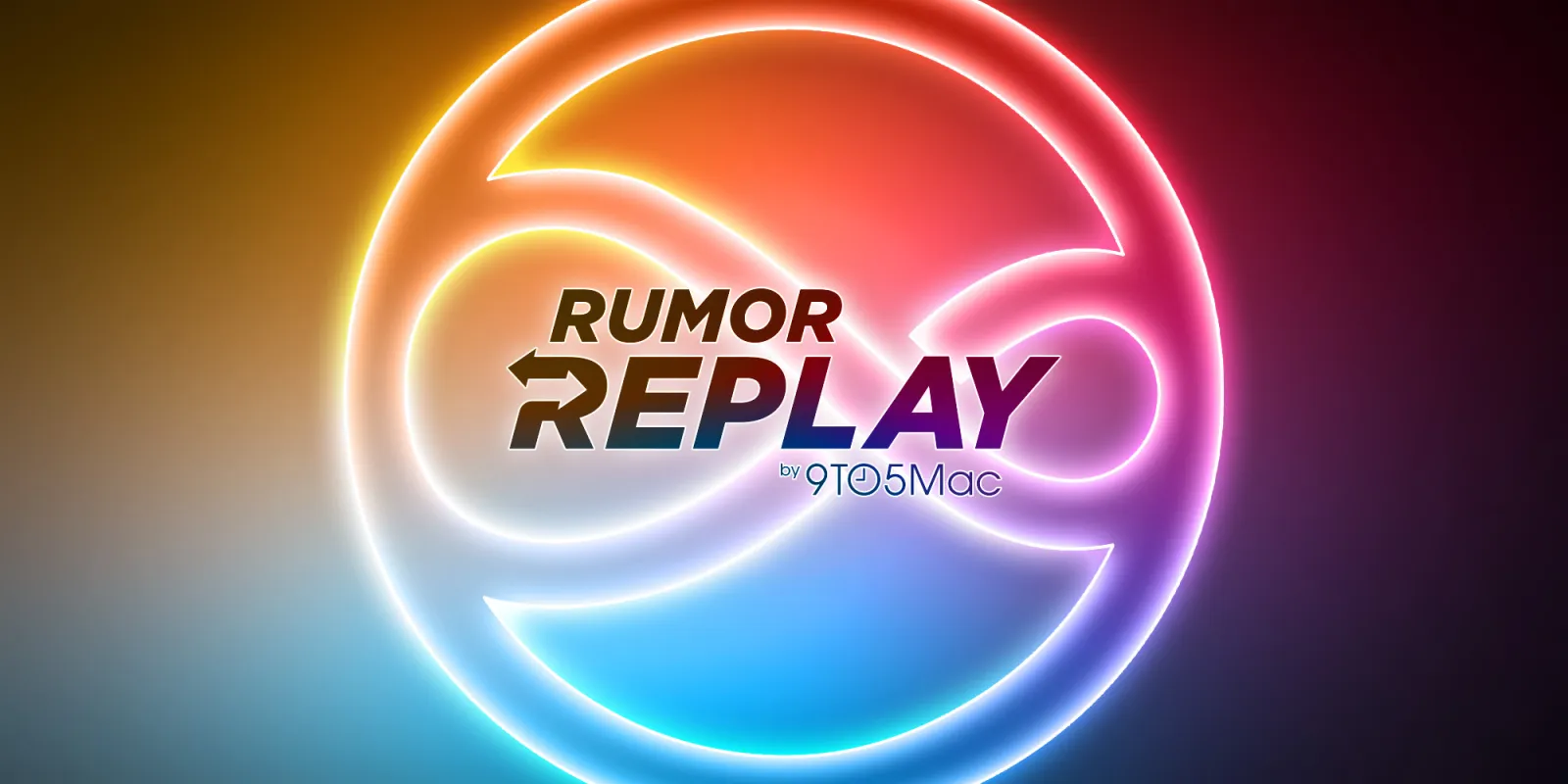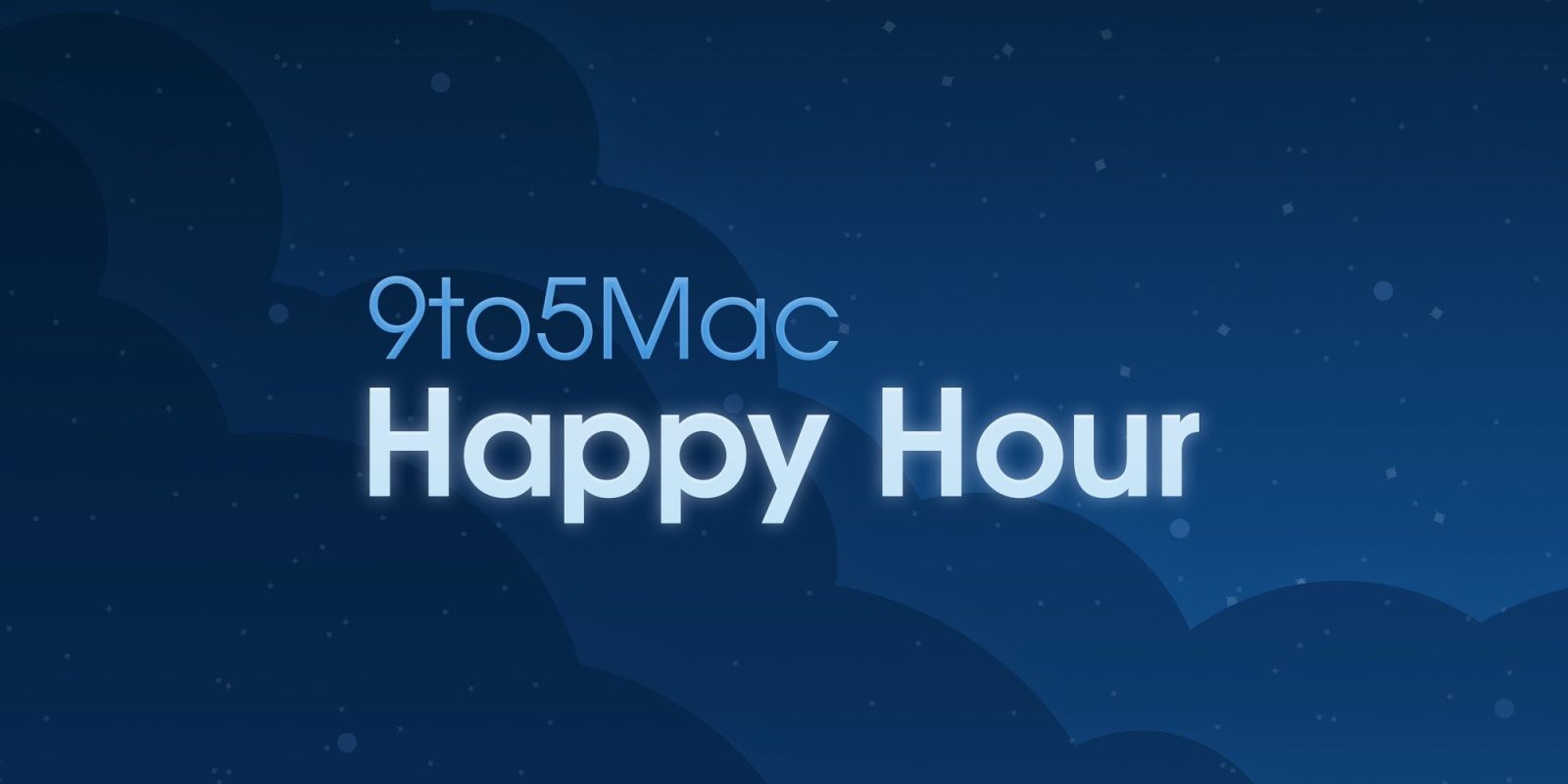Ben Stiller’s touching documentary about his parents now available on Apple TV

Stiller & Meara: Nothing Is Lost, Ben Stiller’s documentary about his parents, is now available on Apple TV. Here’s what to expect.
more…
Stiller & Meara: Nothing Is Lost, Ben Stiller’s documentary about his parents, is now available on Apple TV. Here’s what to expect.
more…In a statement to the German Press Agency, Apple claimed that it may have to turn off App Tracking Transparency in Europe as a result of “intense lobbying efforts”. Here’s why.
more…
"We've always wanted computers to be more empowering, customizable, and intuitive. With LLMs, we can finally put the pieces together. That's why we built Sky, an AI experience that floats over your desktop to help you think and create. We're thrilled to join OpenAI to bring that vision to hundreds of millions of people." --Ari Weinstein, Co-Founder and CEO, Software Applications Incorporated

Every phone bed comes with built-in NFC tech, making sleep effortlessly rewarding. Here's how it works:
- Download the IKEA UAE app.
- (For iOS users) When prompted, allow Motion & Fitness tracking.
- Place your phone on its bed and tap the notification to open the app.
- That's it. Your sleep time will track in the background (no counter will appear).
- Complete seven nights of seven-hour sleep, and earn your voucher.

Listen to a recap of the top stories of the day from 9to5Mac. 9to5Mac Daily is available on iTunes and Apple’s Podcasts app, Stitcher, TuneIn, Google Play, or through our dedicated RSS feed for Overcast and other podcast players.
Sponsored by Backblaze: Never lose a file again. Use code “9to5daily” at checkout for 20% off or try for free.

A new report from Counterpoint Research shows Apple outpacing the overall PC market in sales growth during the third quarter. Here are the details.
more…
Speaking to Fox News Digital, Apple’s Chief Operating Officer Sabih Khan confirmed that the company is shipping U.S.-made AI servers from its new Houston plant ahead of schedule. Here are the details.
more…
Apple’s Photos app received a major overhaul last year, and iOS 26 brings a handful of new changes. Here’s everything new for the Photos app in iOS 26.
more…
With the new restyle tool, users can now prompt Meta AI to make advanced edits to images and videos before sharing them as Instagram Stories. Here’s how it works.
more…

Throughout this week, photos have shown demolition happening at the White House as much of the East Wing is being demolished. The images have been jarring as they show that President Trump’s plans for a privately funded ballroom mean replacing much of the East Wing, not just extending it.
more…
This is Rumor Replay, a weekly column at 9to5Mac offering a quick rundown of the most recent Apple product rumors, with analysis and commentary. Today: the latest rumors on Siri’s AI upgrades, foldable iPad and iPhone models, and next year’s A20 chips. Here are this week’s Apple rumors.
more…
Apple TV (no longer with the +) kicks off November with one of its most highly anticipated premieres of the year: Pluribus, from the creator of Breaking Bad and Better Call Saul. Other highlights include a holiday-set movie sequel, the return of a star-studded comedy, and more. Here’s everything new on Apple TV in November.
more…
A landmark case in the UK concerning Apple’s App Store practices has just been decided, with a London tribunal ruling against the company in a move that could cost Apple up to $2 billion.
more…
Benjamin and Chance react to the inclusion of a new Liquid Glass toggle in Settings in iOS 26.1 beta 4, and whether it reflects Apple’s lack of confidence in software design. The Apple TV F1 deal is now official, and Chance goes hands-on with the M5 Vision Pro.
And in Happy Hour Plus, the pair discuss the news that the iPhone Air is reportedly not selling well, and check in with their experiences a month after its release. Subscribe at 9to5mac.com/join.

iOS 26 arrived last month with a variety of new features for AirPods, including a new setting that you may want to turn on if you ever fall asleep wearing your AirPods.
more…
It’s turning into a busy week for leaks around Apple’s new A20 chip line for next year’s iPhones. Yesterday brought word of much higher costs associated with the new 2nm process, and today a leaker has revealed what chip to expect for Apple’s first foldable iPhone.
more…